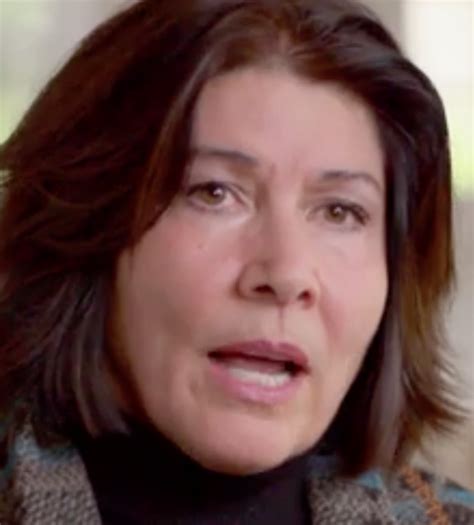A Quote by Robert H. Frank
Unless we can act collectively, there would be no way to defend ourselves, no way to define or enforce property rights. We couldn't curb congestion or pollution or build and maintain public infrastructure.
Related Quotes
Pollution and overuse of resources stem directly from the failure of government to defend private property. If property rights were to be defended adequately, we would find that here, as in other areas of our economy and society, private enterprise and modern technology would come not as a curse to mankind but as its salvation.
What interest, zest, or excitement can there be in achieving the right way, unless we are enabled to feel that the wrong way is also a possible and a natural way, nay, more, a menacing and an imminent way? And what sense can there be in condemning ourselves for taking the wrong way, unless we need have done nothing of the sort, unless the right way was open to us as well? I cannot understand the willingness to act, no matter how we feel, without the belief that acts are really good and bad.
I typically don't use the distinction 'positive' and 'negative' liberty, because negative sounds bad and positive sounds good, and I don't think that the terminology ought to prejudice us one way or the other. So I think the more descriptive term is 'liberty rights' versus 'welfare rights'. So, liberty rights are freedom-of-action type rights, and welfare rights are rights-to-stuff, of various kinds...And, property rights are not rights-to-stuff. I think that's one of the key misunderstandings about property. Property rights are the rights to liberty within your jurisdiction.
My first goal would be to reduce the perturbation in the carbon cycle. That would mean using carbon neutral sources of energy, and changing our agricultural practices to be less disruptive and polluting. I'm not talking about a policy here so much as changing the way our infrastructure works. That's why I'm so fascinated with changing the way we build cities, because they are the most developed forms of physical infrastructure for human habitation.
We are bound to maintain public liberty, and, by the example of our own systems, to convince the world that order and law, religion and morality, the rights of conscience, the rights of persons, and the rights of property, may all be preserved and secured, in the most perfect manner, by a government entirely and purely elective. If we fail in this, our disaster will be significant, and will furnish an argument, stronger than has yet been found, in support of those opinions which maintain that government can rest safely on nothing but power and coercion.
When we look at cutting people's commute - like that word infrastructure is boring. Who knows what that means? But what it really means is we got to cut people's commutes, we got to reduce congestion. Congestion costs the economy tens of billions of dollars a year to have people just stuck in traffic and non-productive time. So we got to fix that. And the best way to do that is invest in transit. And - so I'm happy that all three of the main parties seem to agree that investing in transit is important.
You know, women are acting the way they want to act now. Years ago they would hide it in the way they dressed, the way they speak, even the way they act in bed. Today, they're doing the same thing, but they're dressing the way they want to be treated and, when you're with them, acting the way they want to act. And you know, honesty is the best policy. I love that.
In every Indigenous community I've been in, they absolutely do want community infrastructure and they do want development, but they want it on their own terms. They want to be able to use their national resources and their assets in a way that protects and sustains them. Our territories are our wealth, the major assets we have. And Indigenous people use and steward this property so that they can achieve and maintain a livelihood, and achieve and maintain that same livelihood for future generations.
As property, honestly obtained, is best secured by an equality of rights, so ill-gotten property depends for protection on a monopoly of rights. He who has robbed another of his property, will next endeavor to disarm him of his rights, to secure that property; for when the robber becomes the legislator he believes himself secure.



































